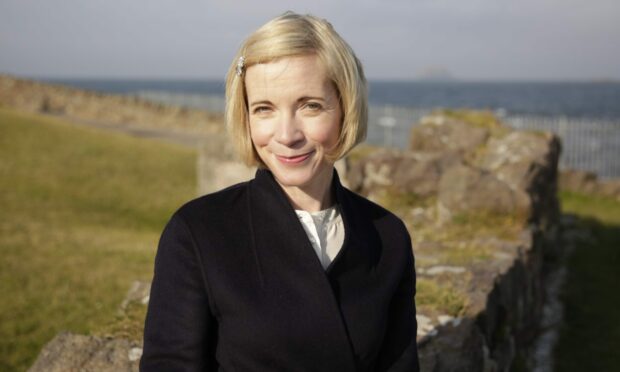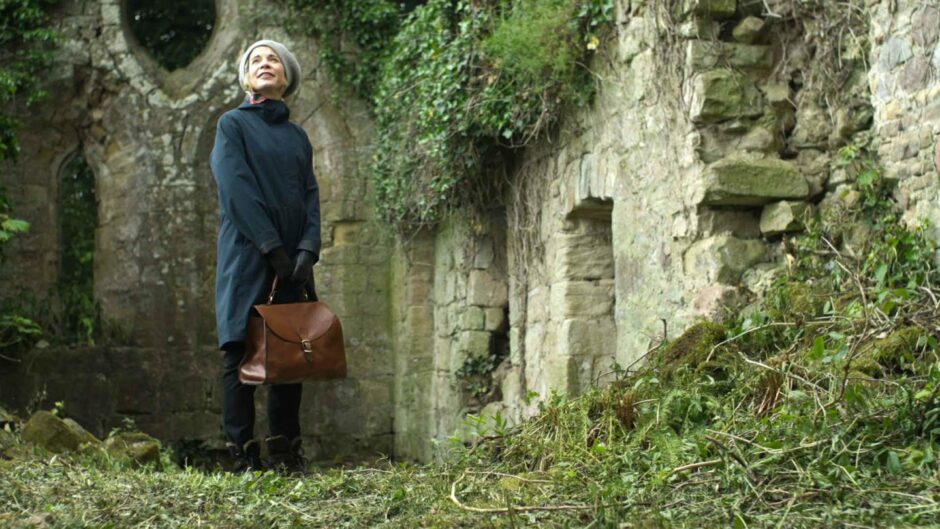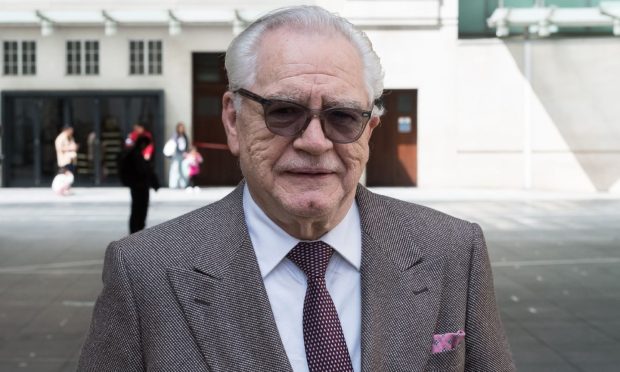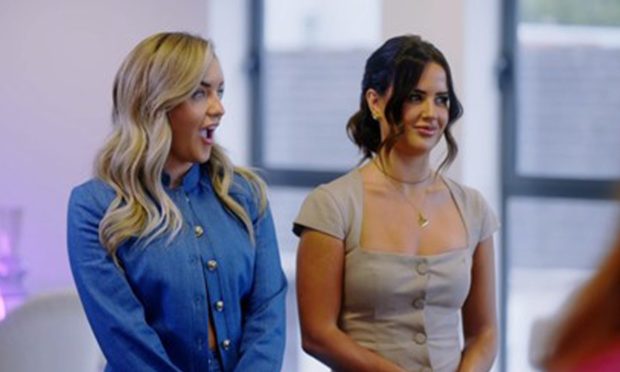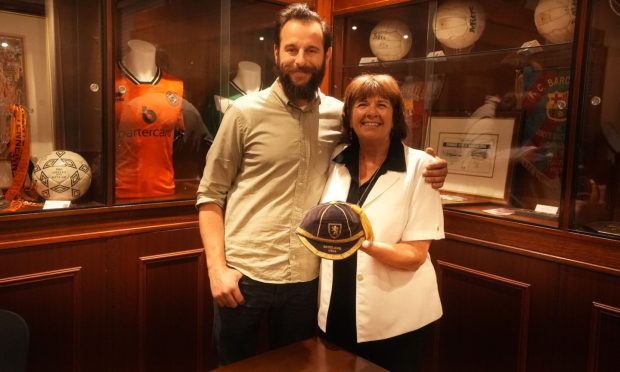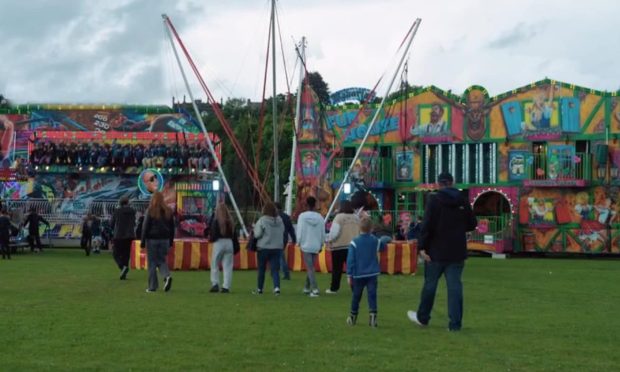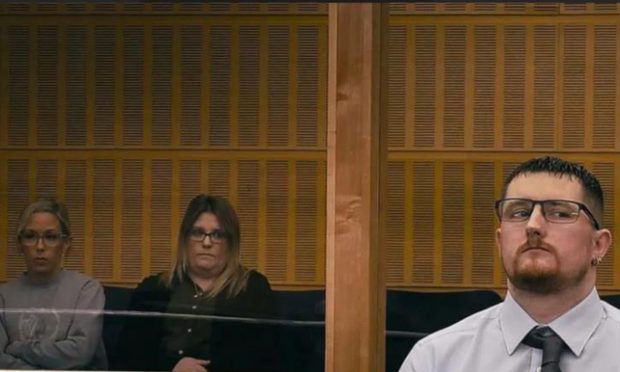As part of her continuing quest to seemingly commit every moment of pre-20th Century British history to video, amiable telly historian Lucy Worsley was in Scotland this week for the first episode of her new series Lucy Worsley Investigates (BBC Two).
It wasn’t a jolly. The subtitle of this episode was The Witch Hunts, and Worsley investigated in detail the case of accused East Lothian witch Agnes Sampson, who was put to death on Edinburgh’s Castle Hill in 1591.
Witch hunting in full swing
Witch hunting had become grimly fashionable in Scotland at the time, but Agnes’s story presents a dark but intriguing single case study with which to summarise the era.
Worsley wandered the streets of North Berwick and the fields of East Lothian, and visited the church in Haddington where John Knox was likely baptised.
She told not just Agnes’s story, but that of Scotland at the time.
It was a nation where the King James VI’s superstition and desire to do the right thing in the eyes of God blended with the increasing focus on religion in society after the Reformation to brew the right conditions for witch hunts.
Forces at play
There were other forces at play. One was the simple fact that, in a primitive society, people had a more embedded belief in the supernatural.
Another was that men simply had a grudge against Agnes. As a self-proclaimed healer and a midwife, some were angered she wasn’t able to cure their ills.
Others – like Knox, Worsley speculates on pretty strong evidence – had a problem with women in positions of authority.
The Forfar ‘witches’
Sadly, what really lingered about this episode – it’s a series which looks at the dark parts of British history, after all – is Worsley’s visit to Forfar to hear more about the interrogation methods involved in witches’ confessions.
One in particular is straight out of The Handmaid’s Tale, the ‘pricking’ of the witches, where they were stripped and shaved, and their blemishes were jabbed to try and find the supposed ‘witches’ mark’.
It’s “a horrible, psychosexual form of torture,” as Worsley points out, but by not sparing the details she lends weight to campaigns to pardon and memorialise these unforgotten women.
Bringing the dead to life
Looking through dusty documents doesn’t make for visually exciting telly, but Worsley’s ability as a storyteller livens things up.
“It gives a wonderful tingly feeling,” she says, excited at having read Agnes’s very own words in one document. “This is why we do this, to bring people back from the dead.”
And now to the football
Next to this, it was hard to call the events covered in Scotland: The Passion of the Playoffs (BBC One Scotland) genuinely traumatic national incidents.
Ahead of this week’s delayed World Cup qualifying playoff against Ukraine, it was a bit of nostalgic fluff, a talking heads docu-reminiscence about all those times Scotland have failed to make major football finals (and the few times we have).
Still, it’s nice that the Euros last year actually gave us the courage to discuss the Scottish national team without cringing again.
With footballers and broadcasters including James McFadden, David Marshall, Willie Miller, Connie McLaughlin and Chick Young lining up to ply their memories of our playoff exploits, some memories – Mexico ’86 and Euro 2020 – were more welcome than others.
